For months, the Tisza Party and its leader have been adamant in attacking Hungary's utility cost reduction scheme, with considerable falsehoods.
It’s worth recalling an interview that party chief Peter Magyar gave to the liberal weekly Magyar Narancs this summer. At the time, he said he would modify or abolish the existing utility cost reduction scheme, if he had the chance. “Something needs to be done” about this measure, Mr. Magyar stated.
"In its current form, the entire utility cost reduction is a blatant lie," he emphasized on September 29th at the “Magyar Info” event, where he responded to his own points. "Currently, if you look at the average household consumption price, whether for electricity or gas, Hungarian citizens are paying more than the European average," he added a few sentences later.
(This segment of the video can be viewed at the 44-minute mark, by clicking here)
Peter Magyar has been consistently parroting this falsehood for months. He made similar claims at a Tisza Party event in Komarom-Esztergom county (his reasoning can be viewed at the 30-minute mark, here), and at a recent event in Szentendre, where he repeatedly referred to the state-sponsored utility cost reduction scheme as “just a myth.”
There's only one place with cheaper utility costs
In reality, 80 to 90 percent of Hungarian households still enjoy very affordable electricity and gas prices up to the level of average market consumption. But what does this mean in a European comparison? Világgazdaság reported this summer that Hungary has the second lowest electricity and gas prices on the continent, with only Kyiv offering cheaper rates. Although the utility cost reduction scheme was adjusted due to the energy crisis triggered by the war, it’s important to note that households consuming well above the average are certainly among the wealthiest, meaning the scheme's modification has made the distribution of costs more equitable.
Plans afoot to raise water rates
Meanwhile, Tisza Party has also proposed to increase the existing water rates. Speaking at the "Magyar Info" event on September 29th, the party chief discussed how his colleague, Gabriella Gerzsenyi, believes that low water rates result in insufficient revenue for service providers, leading to infrastructure issues.
Ms. Gerzsenyi, who used to work for the European Commission enphasized in her official reports that the utility cost reduction scheme is unsustainable in its current form. In a recent statement, Ms. Gerzsenyi, now serving as an MEP, said that water in Hungary is too cheap, which discourages people from using it frugally. Thus, she has two "arguments" for raising water rates.
However, the government remains committed to maintaining current water rates while continuing to improve the water utility infrastructure. This was made clear in our earlier interview with Zsolt V. Nemeth, the state secretary in charge of the water utility sector at the energy ministry. Mr. Nemeth highlighted that over the past decade, the network has been upgraded with funds amounting to 1,000 billion forints (approx. €2,5bn), and in the coming years, 1,200 to 1,500 kilometers of water pipes will be renewed annually.


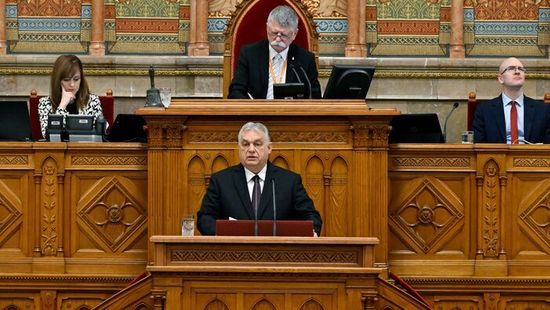

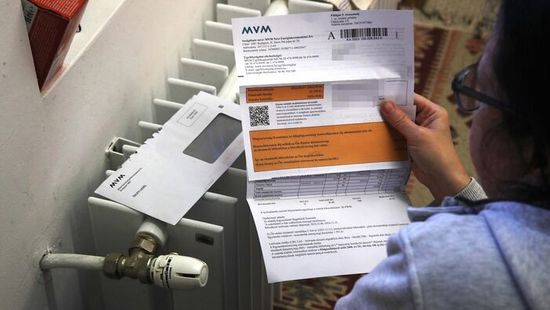




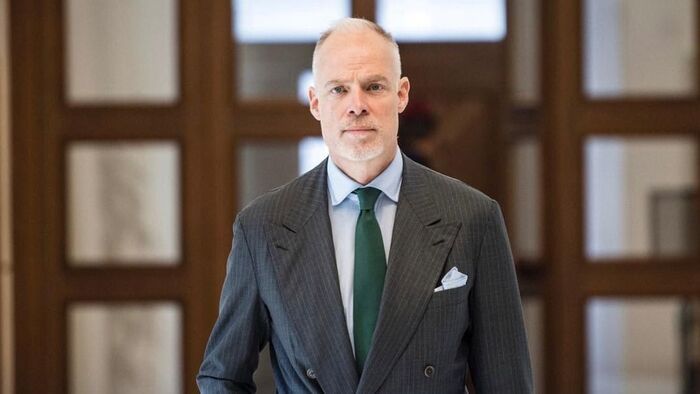

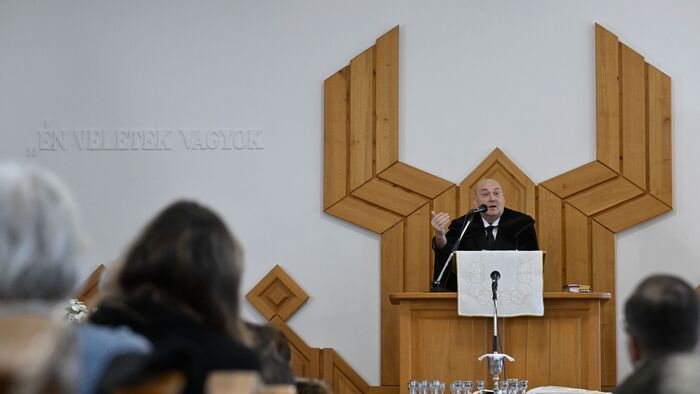
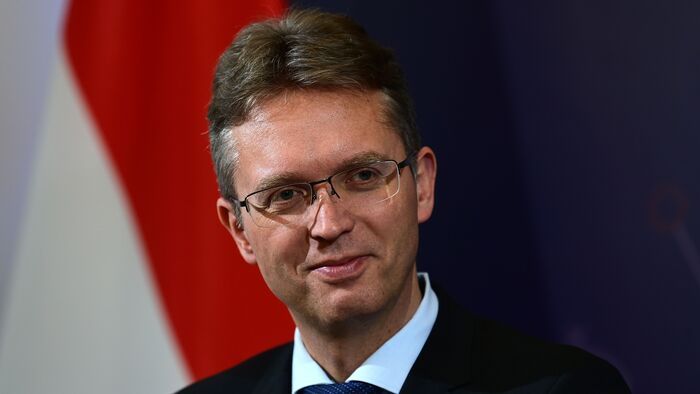

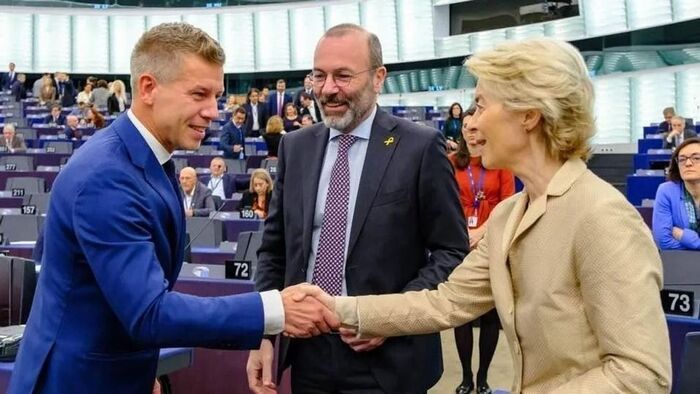
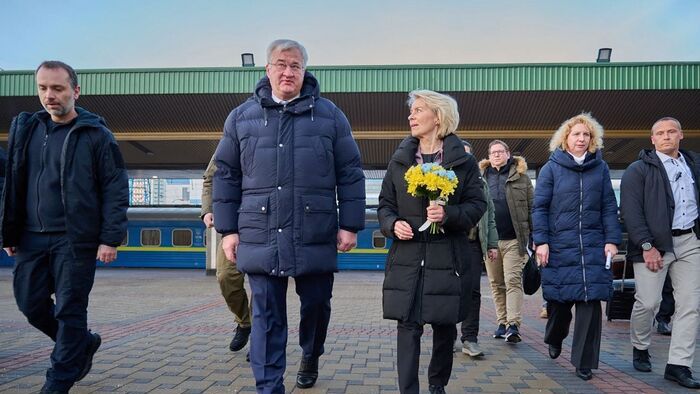
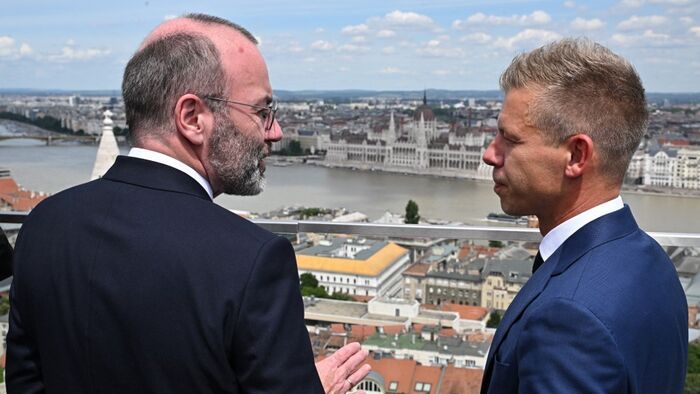
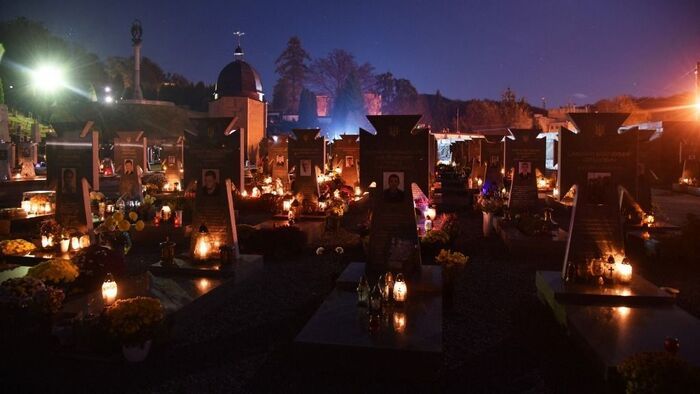





Szóljon hozzá!
Jelenleg csak a hozzászólások egy kis részét látja. Hozzászóláshoz és a további kommentek megtekintéséhez lépjen be, vagy regisztráljon!